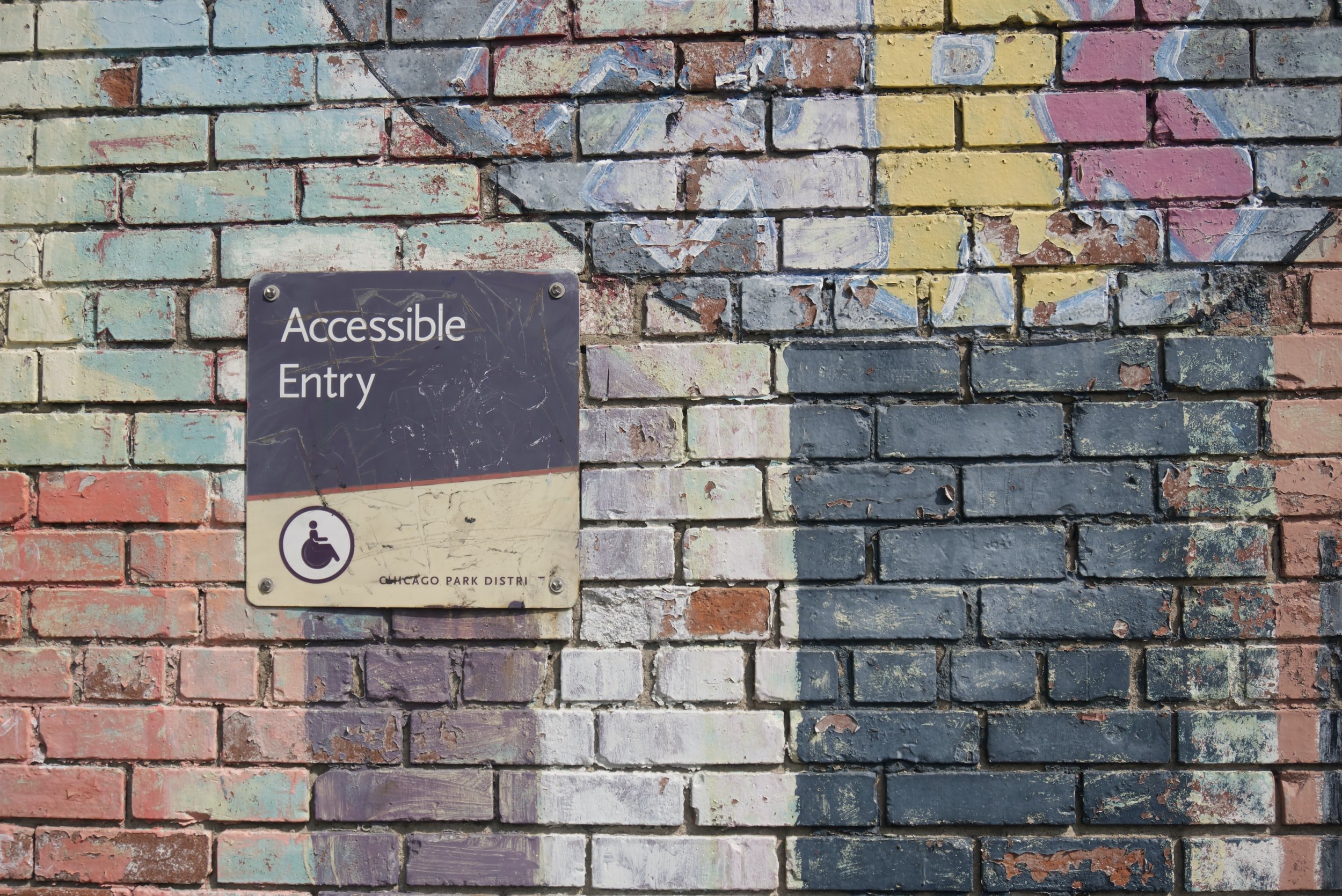I wish I had actual statistics, but from talking to others in the chronic illness/disability community, I gather that most churches have removed or cut back the online access options they had in place during the height of the pandemic. I know of churches that opened their digital doors during Covid, but have now shut them again completely, and others that were offering interactive options (Bible Studies and Discipleship Groups) that now only provide access to their worship services. Since churches proved they can offer online options when the desire is there, it seems important to examine why so many of them have stopped.
A helpful article by Karl Vaters titled No, Pastor, Online Church Is Not Slowing Your In-Person Attendance relates this common conversation among pastors.
Pastor 1: How has your attendance been, post Covid?
Pastor 2: Rough. A good one-third haven’t come back yet.
Pastor 1: It’s half for us. I blame online church. They’d rather watch at home than show up in person.
Pastor 2: I agree. We may stop our live stream so they have to come back. Maybe that will work.
Pastor 1: We’re thinking of doing the same thing.
I’ve seen many conversations like this play out on social media. My gut tells me this is probably the biggest reason that churches are turning off their cameras and internet connections.
Vaters pushes back against this line of thinking. He points out that in-person church attendance was already dropping long before online church became common. He notes that churches that stop streaming don’t see an in-person attendance rise. He also says this. “According to the latest reliable stats from Barna, around 20 percent of church attenders only watch church online. And there’s plenty of anecdotal evidence to suggest that most of the 20 percent who only do online church didn’t stop going for convenience, but for many reasons, including illness, distance, age, trauma, and more.”
I’m tempted to highlight that quote in red or type it in all caps. It’s such a basic point that seems to be missing in almost all the conversations I’ve witnessed. Those of us who join you from home aren’t just lazy. We don’t stay home because it’s easier or we don’t want to be pressured into serving or giving. We want to be part of your church, but things we can’t control keep us from being with you in person. Very often, that reason is chronic illness or disability.
Cognitive Biases
Maybe there are also other factors at play when churches shut their digital doors. A Psychology Today article on Why Leaders Find It So Hard to Accept Remote Work points to three cognitive biases that make bosses skeptical. I think they’re also applicable in the church context.
The first bias is ambiguity aversion. This is the tendency of human beings to prefer known risks over unknown ones. Having workers or church attenders online instead of in person feels like an unknown risk.
The second bias involves social distance, meaning that we tend to like and trust people more when they’re physically close to us. People who aren’t physically close seem less trustworthy and more suspicious.
A third cognitive bias that may play a role is the sunk cost fallacy. That’s the tendency to avoid change once we’ve already invested time or money in something.
What’s the Goal?
So is it worth it to overcome our biases? Are online options good or bad for churches? Vader says they’re good. He notes the following:
“The first purpose is as an alternative for those who can’t attend in person. The family on vacation, the senior who can’t make it due to illness, and so on. They want to be there, but are temporarily absent. And they’re grateful for the chance to check in with their home church online for a week or two.
The second purpose for online church is to serve as a sneak peek for those who are looking for a church to attend. They’re not watching online instead of coming in person, they’re watching several online church services hoping to find one to attend.
In both circumstances, online church isn’t keeping people from attending, it’s helping connect them to the in-person experience. Online church is a step toward in-person attendance, not away from it.”
I appreciate his point, but he leaves out something important. What about the people who can’t attend in person ever? What about people with illnesses that are chronic and not temporary? What about people with disabilities, who can’t enter the church building unless the building is made more accessible? Do we matter, too? Is the goal to get people in the building or is the goal to minister?
Lifeway Research asked pastors the question, “Does Online Church Attendance ‘Count’?” The responses are interesting (pastors were split on whether online viewers could be counted as regular attenders), but for me, the question itself is equally as important. When I read the question of whether it counts, I translate it in my head as to whether I and others like me count.
Dave Adamson, an online pastor I follow on social media, says this: “For the first time in human history, we have the technology to literally ‘go into all the world’ in an instant. And yet church leaders still insist on using this technology to invite people to events, instead of inviting them to conversations.”
Do you want to go into the chronic illness/disability corner of the world? Do you want to invite us into your conversations? We’re watching to see.





















